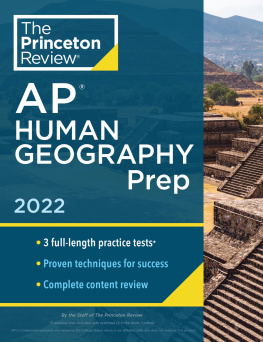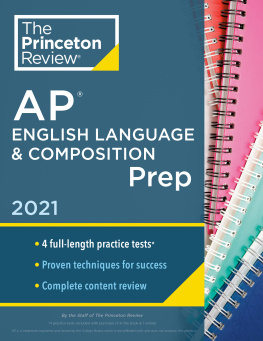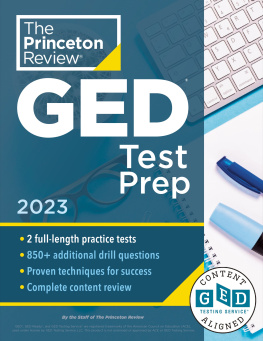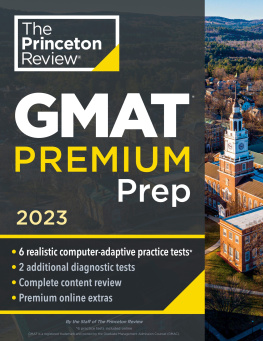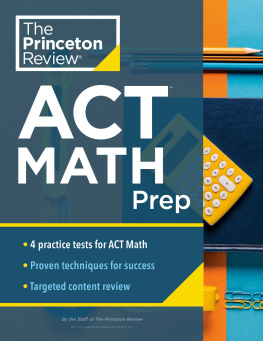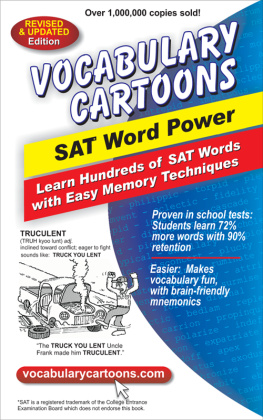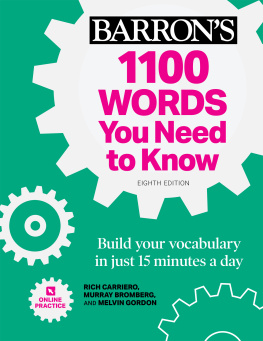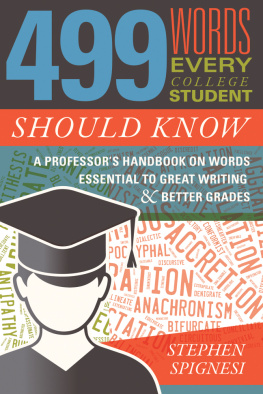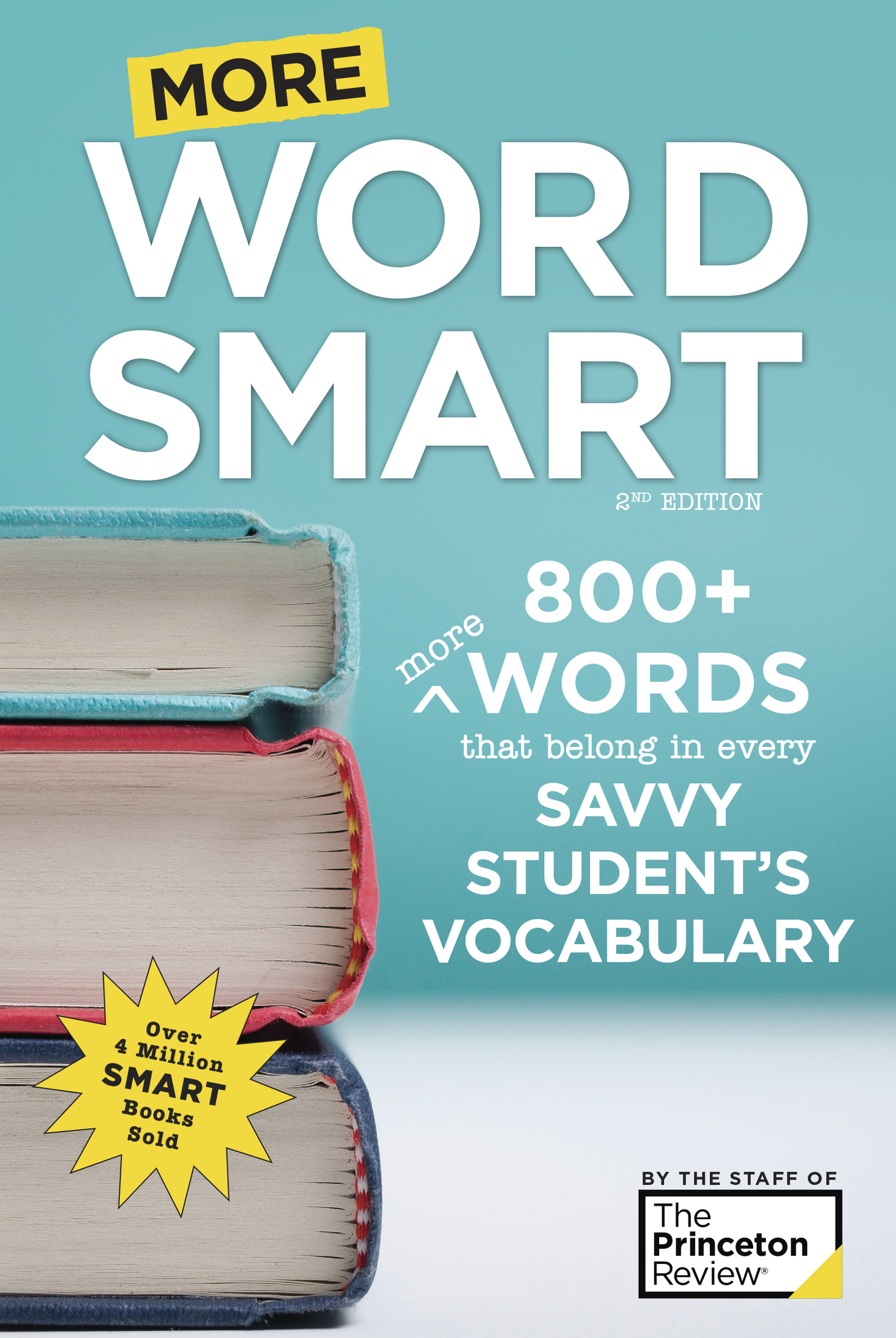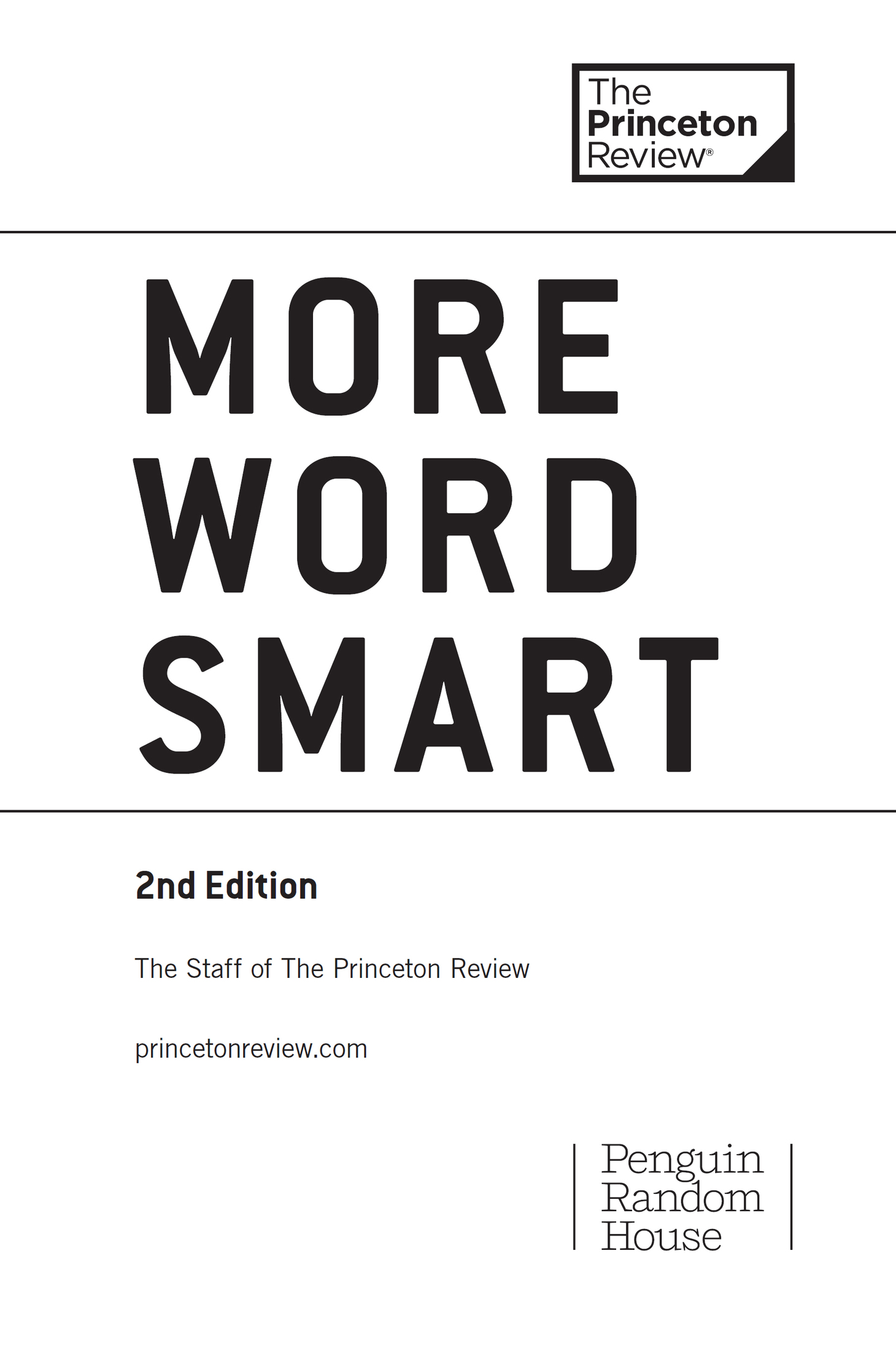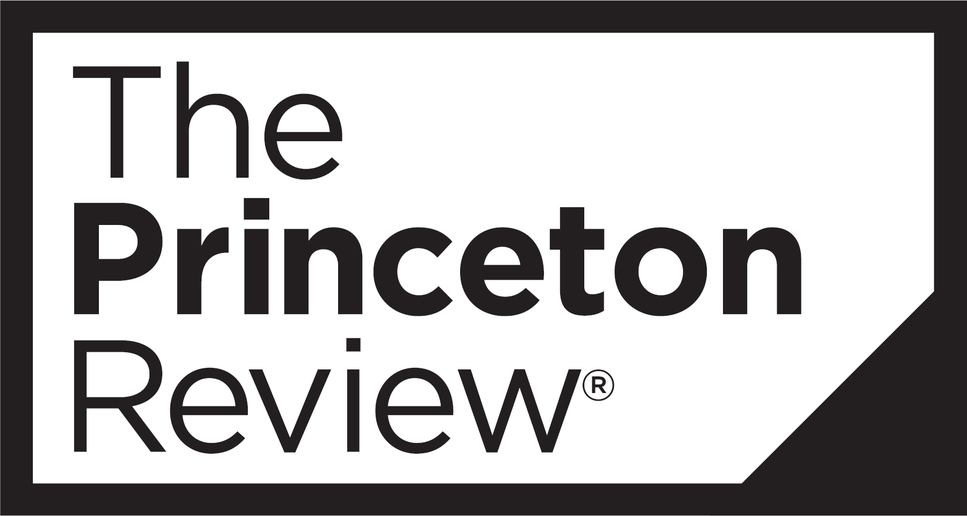Editorial Rob Franek, Editor-in-Chief Casey Cornelius, VP Content Development Mary Beth Garrick, Director of Production Selena Coppock, Managing Editor Meave Shelton, Senior Editor Colleen Day, Editor Sarah Litt, Editor Aaron Riccio, Editor Orion McBean, Associate Editor
Penguin Random House Publishing Team Tom Russell, VP, Publisher Alison Stoltzfus, Publishing Director Jake Eldred, Associate Managing Editor Ellen Reed, Production Manager Suzanne Lee, Designer The Princeton Review 555 West 18th Street New York, NY 10011 Email: Copyright 2017 by TPR Education IP Holdings, LLC. All rights reserved. Published in the United States by Penguin Random House LLC, New York, and in Canada by Random House of Canada, a division of Penguin Random House Ltd., Toronto. Terms of Service: The Princeton Review Online Companion Tools (Student Tools) for retail books are available for only the two most recent editions of that book. Student Tools may be activated only twice per eligible book purchased for two consecutive 12-month periods, for a total of 24 months of access. Activation of Student Tools more than twice per book is in direct violation of these Terms of Service and may result in discontinuation of access to Student Tools Services.
Trade Paperback ISBN9781524710729 Ebook ISBN9781524710880 The Princeton Review is not affiliated with Princeton University. Editor: Meave Shelton Production Editor: Kathy Carter Production Artist: Craig Patches v4.1 a Acknowledgments The Princeton Review would like to thank Christopher Knuth for his contributions to this edition. Special thanks to Adam Robinson, who conceived of and perfected the Joe Bloggs approach to standardized tests and many of the other successful techniques used by The Princeton Review. We are also, as always, very appreciative of the time and attention given to each page by Kathy Carter and Craig Patches. Contents
Register Your Book Online!
Go to
PrincetonReview.com/cracking Youll see a welcome page where you can register your book using the following ISBN: 9781524710880 After placing this free order, youll either be asked to log in or to answer a few simple questions in order to set up a new Princeton Review account. Finally, click on the Student Tools tab located at the top of the screen.
It may take an hour or two for your registration to go through, but after that, youre good to go. If you have noticed potential content errors, please email with the full title of the book, its ISBN (located above), and the page number of the error. Experiencing technical issues? Please email with the following information: your full name email address used to register the book full book title and ISBN your computer OS (Mac or PC) and Internet browser (Firefox, Safari, Chrome, etc.) description of technical issue
Once youve registered, you can
Find printable lists of essential SAT and GRE vocabulary so you can study on the go Check out articles with valuable advice about college admissions Sort colleges by whatever youre looking for (such as Best Theater or Dorm), learn more about your top choices, and see how they all rank according to
The Best 382 Colleges Check to see if there have been any corrections or updates to this edition
Offline Resources
Word SmartGrammar SmartSAT Power VocabCHAPTER 1
Why More Word Smart?
About Word Smart
We wrote the first
Word Smart thinking it would be our only vocabulary book. Most vocabulary books include too many words that people rarely use, and not enough of the words people actually encounter in school or in their daily lives. For
Word Smart, we wanted only the most important words in an educated vocabulary, the words people truly need to know to do well in school and in their careers. Heres what we said on the back cover of
Word Smart: Improving your vocabulary is important, but where do you start? The English language has hundreds of thousands of words.
To find out which words you absolutely need to know, The Princeton Review researched the vocabularies of educated adults. We analyzed newspapers from The New York Times to The Wall Street Journal, magazines from Time to Scientific American, and books from current bestsellers to the classics. We threw out the words that most people know and focused on the words that people misunderstand or misuse. From these, we selected the 823 words that appeared most frequently. Since we first wrote those words, hundreds of thousands of people have purchased Word Smart. Many of them, having learned the words in the first volume, did not want to stop there.
They asked us for other important words they should know. So we set out to collect another batch of words. We went through the same research process we did when compiling our first volume. We still concentrated on the words that occurred most frequently, but there were some important differences in the way we made our final selection.
The World Has Changed
In the first place, the world has changed a lot. With the international upheavals of recent years, many political and religious words gained increasing usage.
Increasing globalization made us more aware of foreign languages, and as a result many foreign words and phrases gained popularity.
We Know More About Peoples Vocabularies
Another consideration affecting the words we selected was our growing experience with students and adults and their use and misuse of language. Many important words in
More Word Smart failed to make the cut for the first volume because we thought that most educated people use these words correctly. We were wrong. We discovered that many students and adults learn words from context. They figure out the definition of difficult words from the general meaning of the sentences or paragraphs containing them.
Unfortunately, this often gives a vague understanding; at best, a words context will provide only a general idea of its meaning. This volume contains many deceivingly simple words that educated people misuse, misunderstand, or confuse with other words. Weve also included a chapter near the end of this book that focuses exclusively on usage errors. Its a continuation of the Common Usage Errors chapter in the original Word Smart.
We Want Our Readers to Use These Words
The last major difference in writing
More Word Smart is that we wanted to place greater emphasis on pronunciation. The speaking vocabularies of most people, the words they use in everyday speech, are much smaller than the number of words they actually know.
Even highly educated people avoid saying many of the words they know simply because they arent sure how to pronounce them. In researching the correct pronunciation of the More Word Smart words, we were astonishedwe ourselves had been confidently mispronouncing dozens of words for years! (Fortunately, nobody seemed to notice since just about all our educated friends had been mispronouncing these words right along with us.) Weve gone to great lengths to emphasize correct pronunciation so you wont embarrass yourself when you speak up in class or try to impress your friends with your growing linguistic virtuosity.


